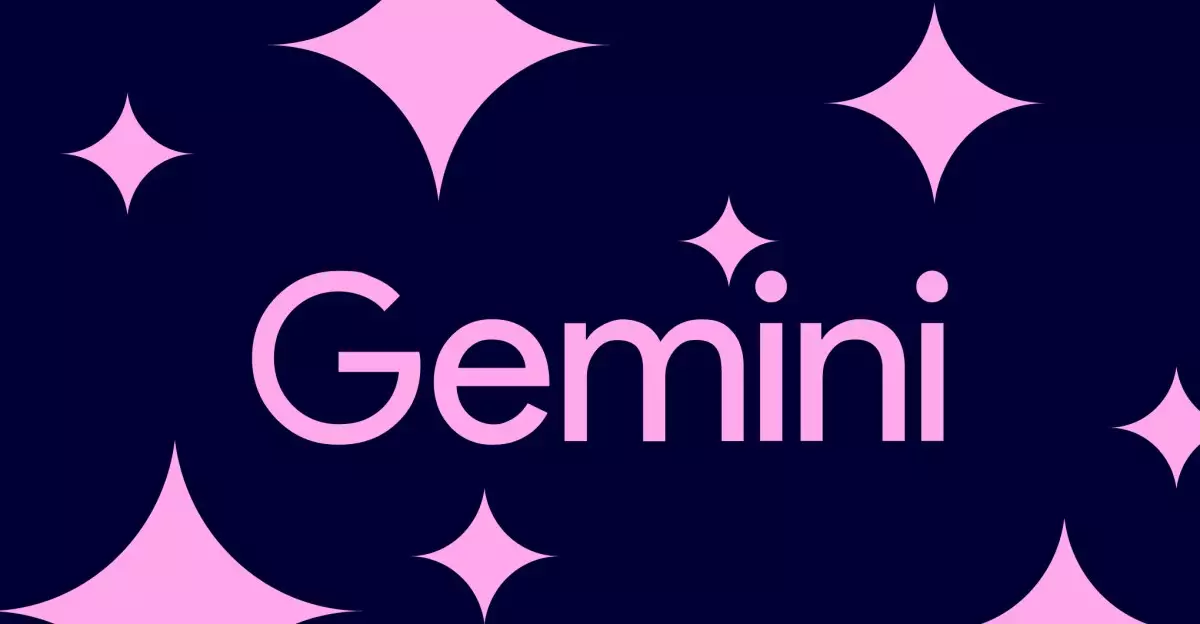As Google prepares to introduce its Gemini AI apps to children under 13, the tech giant takes a significant step towards creating a more interactive digital environment for the younger generation. This new rollout, aimed at managed family accounts, signifies a shift in how children will engage with technology. Google is banking on the idea that AI can be a valuable companion, assisting children with tasks such as homework and storytelling. However, this initiative raises important questions about the implications of introducing such powerful technology to impressionable minds.
Parental Control: A Double-Edged Sword
While Google’s Family Link parental controls offer a semblance of safety in the chaotic digital landscape, the effectiveness of such controls is often overstated. Although parents are notified of upcoming features through emails, adaptive learning technologies like Gemini can lead to unpredictable outcomes. Google appropriately warns parents that, while Gemini is designed to assist, it is not infallible—babysitting your child’s AI interactions is crucial. The irony lies in the expectation of adults to monitor a sophisticated system capable of generating content and responses that can sometimes be misleading or inappropriate.
The disclaimer regarding content boundaries illustrates an inherent challenge: how do parents filter and explain often erratic AI behavior to children? Additionally, the potential for misinformation or accidents—like suggesting something as absurd as glue for pizza—is merely a humorous glimpse into more severe issues. In the hands of naive users, AI risks becoming a source of confusion, leading children to mistake artificial interactions for genuine human engagement.
The Ethical Landscape: Balancing Innovation with Responsibility
With artificial intelligence burgeoning in capabilities, ethical concerns become paramount. Google’s commitment not to use children’s data for AI training sounds reassuring, yet the past troubles of AI platforms—a legacy marred by inappropriate interactions and harmful content—linger in the background. Just witness the conflicting cases where chatbots have blurred the lines between reality and fiction. Such unintentional consequences raise the question: Are we, as a society, ready to place such advanced technologies in the hands of children without adequate safeguards?
Furthermore, we must recognize that technology cannot entirely replace human judgment and guidance. The advisory for parents to discuss AI interactions with their children is a commendable step, but it should extend beyond a directive. It should become a foundation for deeper, ongoing conversations, reinforcing critical thinking and helping kids navigate an increasingly complex world.
Creating a New Digital Culture for Kids
As we usher in this new chapter of technical advancement, we should consider how to foster a digital culture where children can thrive. The integration of AI into a child’s life could either empower them to become savvy users of technology or lead to a reliance that hinders their critical thinking skills. It’s imperative for both technology companies and parents to nurture environments that stimulate curiosity while ensuring safety.
By striking a balance between technological innovation and ethical responsibility, we can pave the way for a future where AI becomes a constructive force in children’s learning journeys. Only time will tell if Google’s Gemini can meet these noble aspirations while keeping its youthful users informed, engaged, and safeguarded.


Leave a Reply